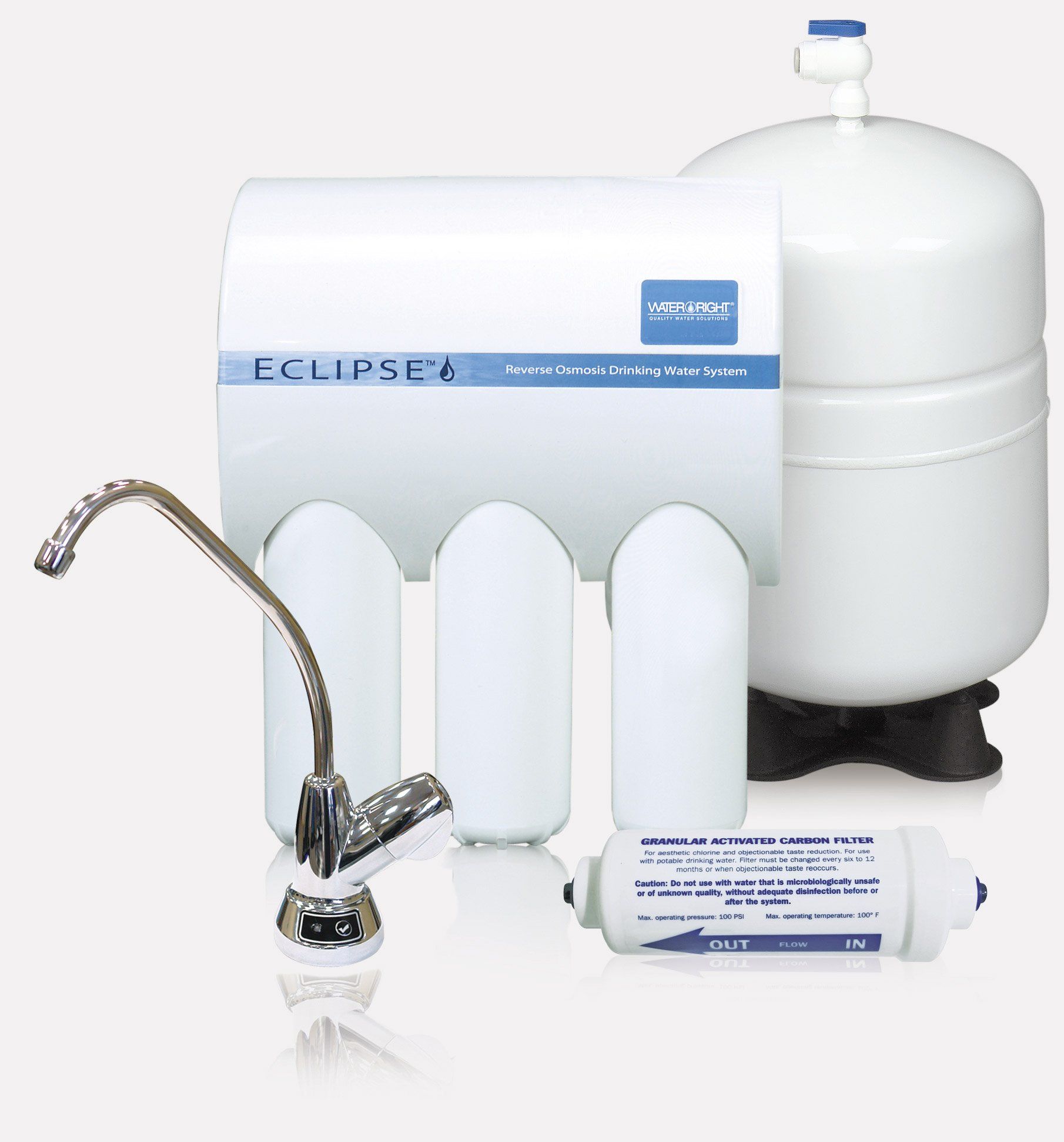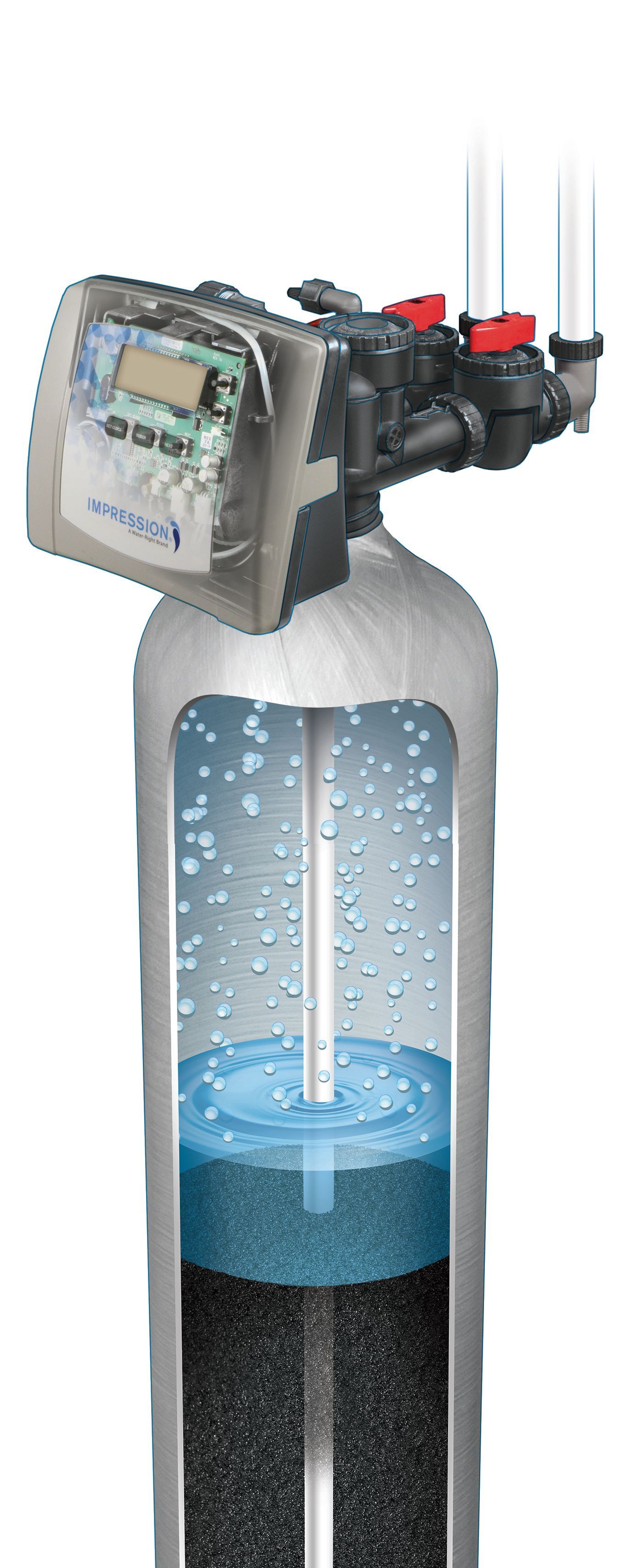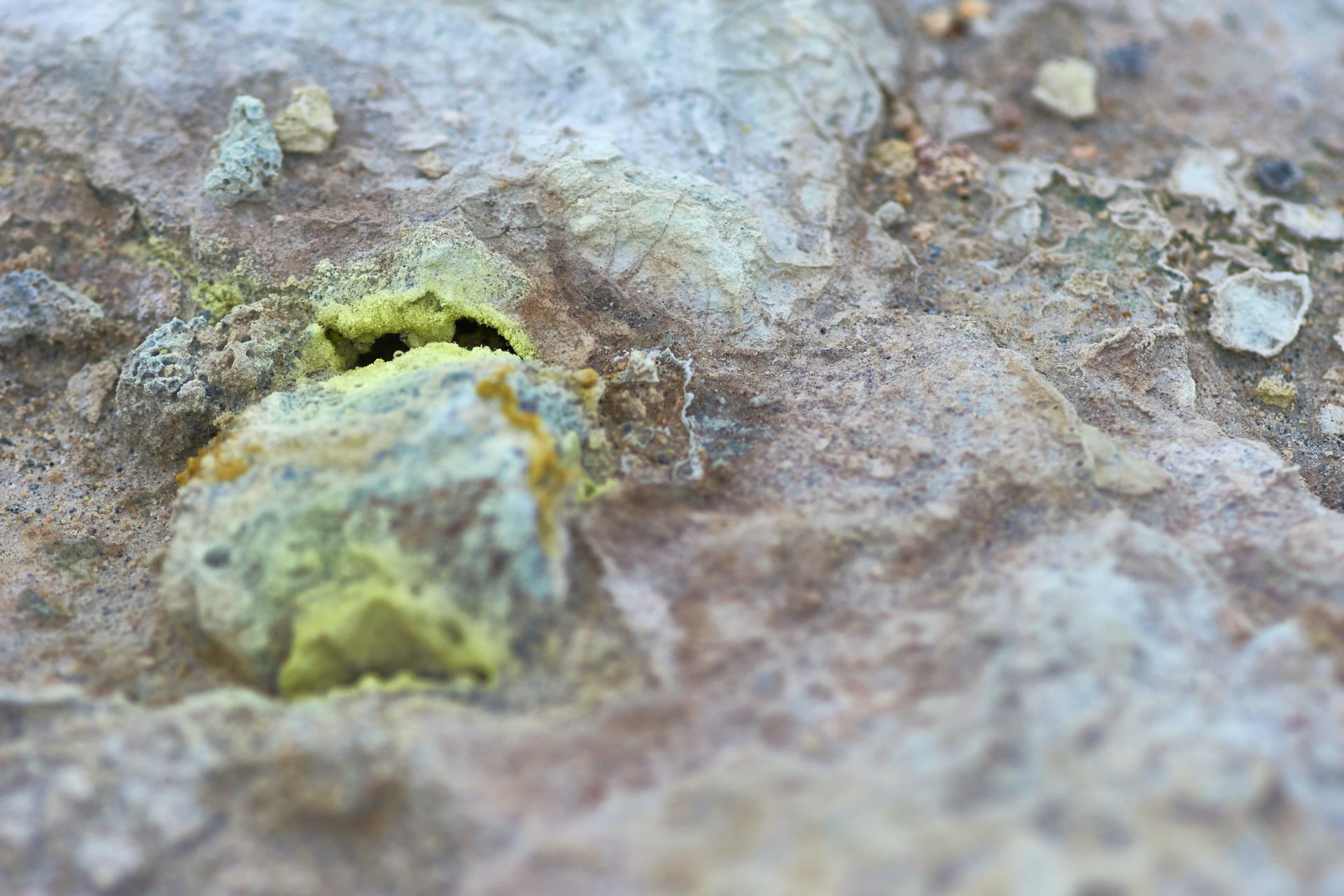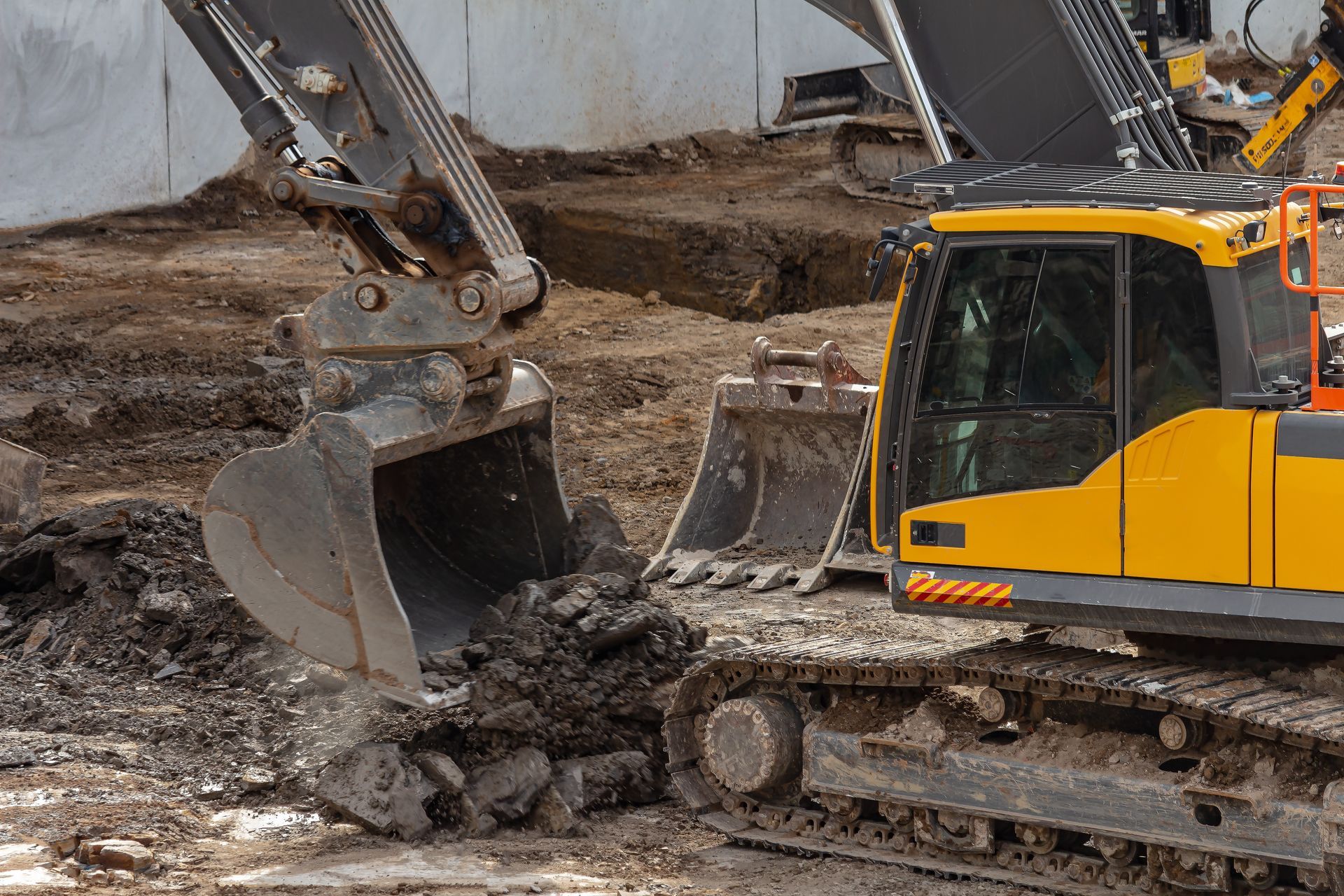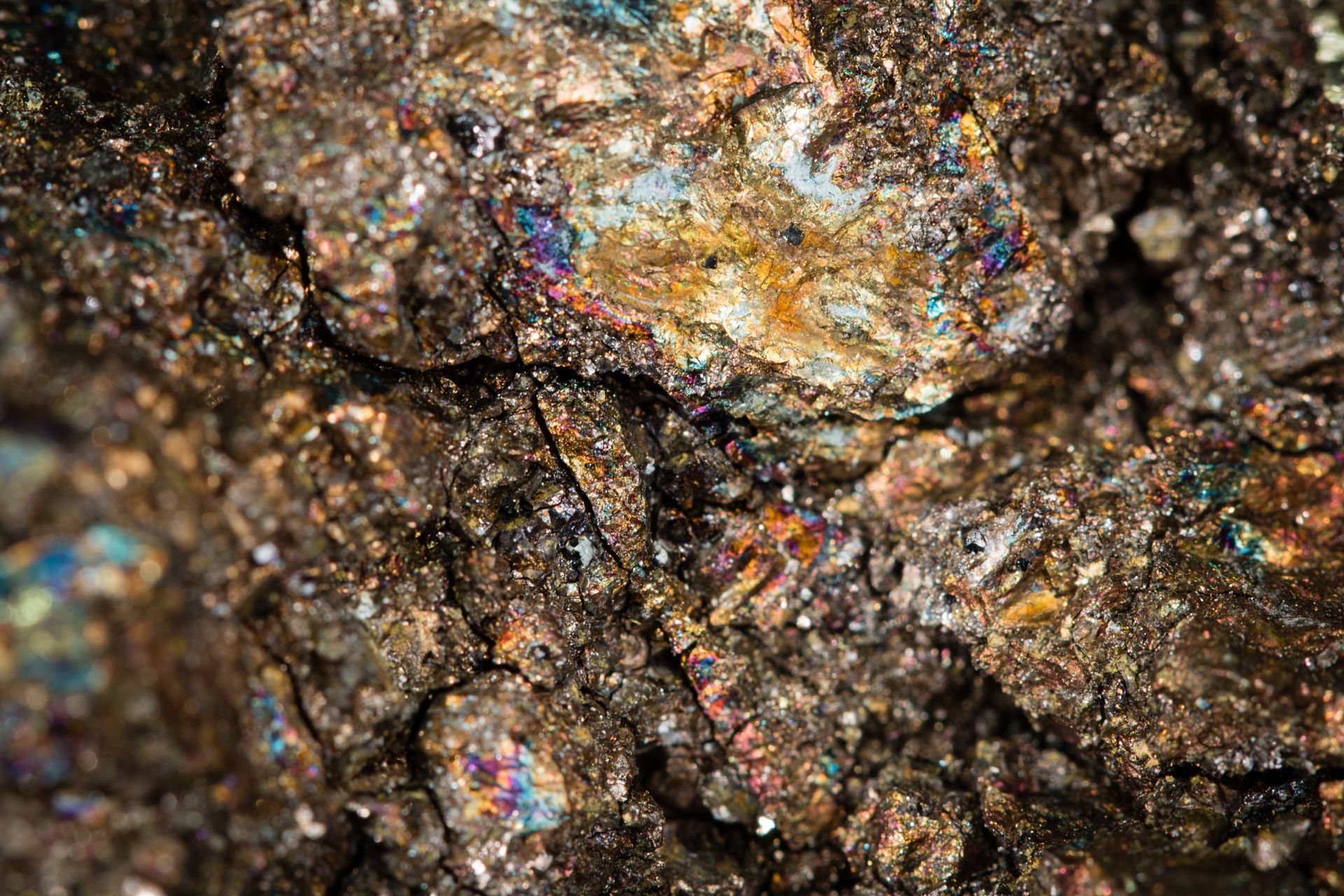Sulfur and Odors
Strong odors are some of the most obvious water quality issues to "sniff out," but getting rid of them can be much more troublesome...
The Problems That Stem From Sulfur, Gas and Iron Bacteria
Although it is not always the case, a strong "egg like" odor coming from your facets and water is generally being caused by one of two things: sulfur deposits or iron bacteria. These are not the only contaminants that may be causing an odor, but they are the most common.
Some odors may also be the byproduct of broken mainlines or sewage cross-contamination. These issues are less common but can be quite catastrophic, and normally will have a widespread effect on nearby homes and neighbors.
If you've noticed odd odors or tastes, egg-like smells or even any discoloration, we would recommend getting a water test to determine the existing conditions of the water running through your home. This can be done through most state labs for a small fee, but some home contracts (like our company, for example) will offer homeowners free water tests and quotes for the systems recommended to treat their issues.
Sulfur and Iron:
Other Odor Examples:
The Solution to Sulfur and Gas:
Air Tank and R.O.
Gasses that result from mineral deposits are some of the most difficult to treat since the water must be "aerated" to remove the harmful gasses. These issues are also fairly uncommon, at least in our neck of the woods in NY and PA, but it does happen from time to time, and is not completely "unheard of."
For these issues, since they are generally the result of a combination of conditions, we recommend homeowners get both an Air Tank and an R.O. system for their home. The Air Tank will deal with the gasses by venting them out, and the R.O. will clean up the Nitrates, TDS and other contaminants in the water. If there is a significant amount of bacteria in the system as well, you would also want to consider a U.V. Light or chlorination of some kind.
If you think you may be experiencing some of these issues in your home give us a call today and let one of our representatives test your water conditions.
